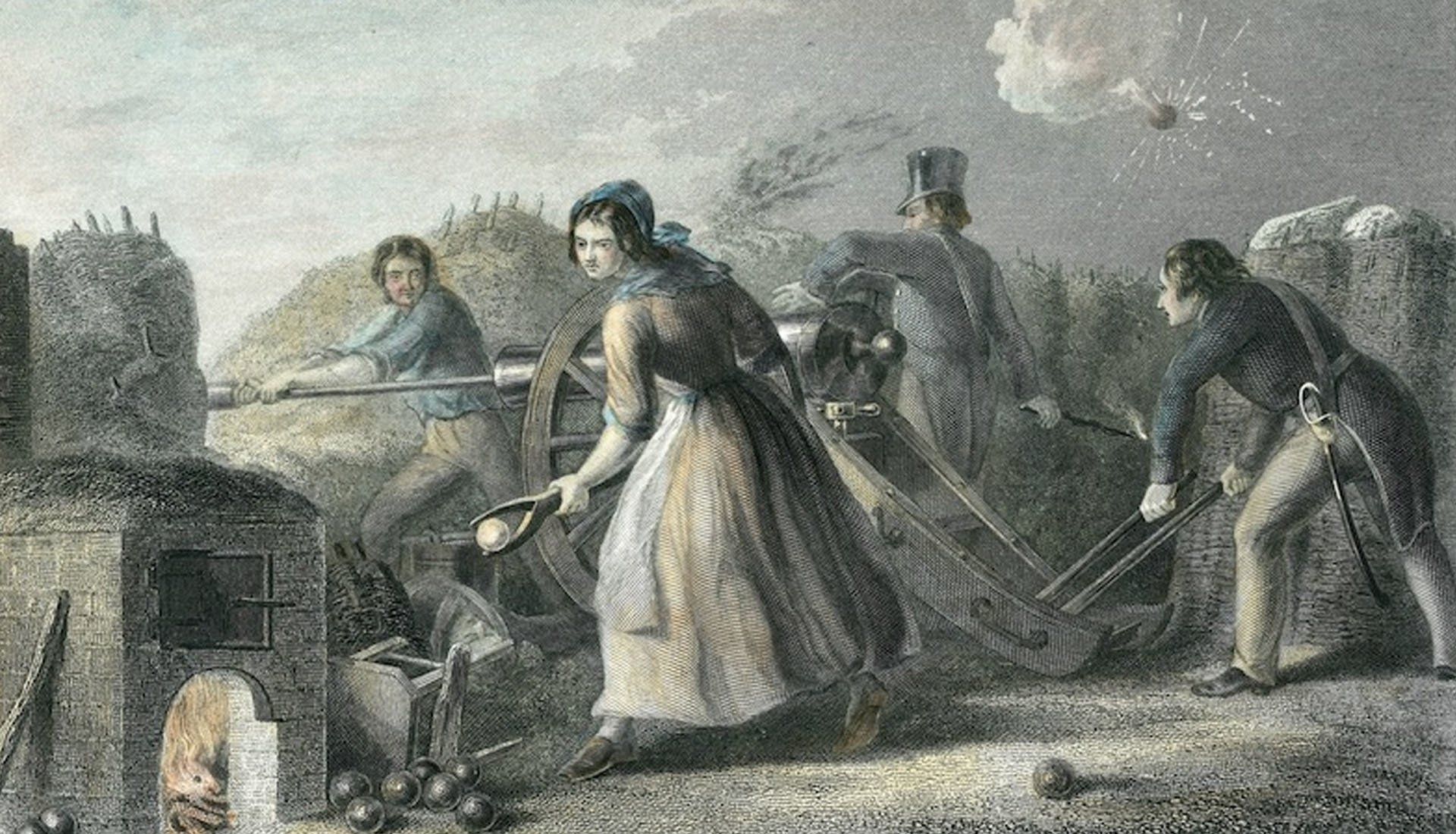
Betsy Doyle - The War of 1812 Heroine
A woman's life was hard on the frontier when married to an American soldier during the War of 1812. It was hard, but some became heroes.
Betsy Doyle was an army wife who lived at Fort Niagara during the War of 1812. In the 18th and early 19th centuries, army wives often served as laundresses and nurses. Betsy would have probably faded from the pages of history except for her heroic actions on a fateful day in November 1812. Betsy’s husband Andrew was a private soldier in Captain Nathaniel Leonard’s Company, First U.S. Artillery. In October 1812, Andrew marched off to take part in the invasion of Canada. The American Army crossed the Niagara River at Lewiston, about seven miles south of the fort. The engagement, known as the Battle of Queenston, went badly for the American troops and Andrew was one of many soldiers captured by the British. When British officers learned that Andrew had been born in Canada, he was treated as a traitor rather than a prisoner of war. He was threatened with execution and then sent to England and incarcerated in the infamous Dartmoor Prison. Betsy, who remained at Fort Niagara, was angered over her husband’s capture.
In November, when Fort Niagara and British-held Fort George fired on each other in a fierce daylong bombardment, Betsy Doyle spent the day carrying red-hot cannonballs, called hotshot, to an artillery piece on the third floor of the French Castle. The fort’s commander, Lt. Col. George McFeely, recorded her heroic actions in his official report, comparing her to Joan of Arc. The following year, on a cold and stormy night in December of 1813, Betsy donned the equipment of a soldier and stood a turn at guard duty to shame timid militiamen. When British forces attacked the fort in the pre-dawn hours of December 19, Betsy fled with four children in tow, making her way to the U.S. Army camp at Greenbush, near Albany, New York. Betsy’s 310-mile trek across New York State in the dead of winter certainly confirmed Colonel McFeely’s assessment of her character. When the War of 1812 ended and prisoners were released, Andrew Doyle returned to the United States but never located Betsy. Today, Betsy is honored by a historical marker and two plaques on the third floor of the French Castle, very near the spot where she handed hotshot off to gunners that turbulent day in November 1812.
Thanks to our friends at oldfortniagara.org
Hope L. Russell, Ph.D.

